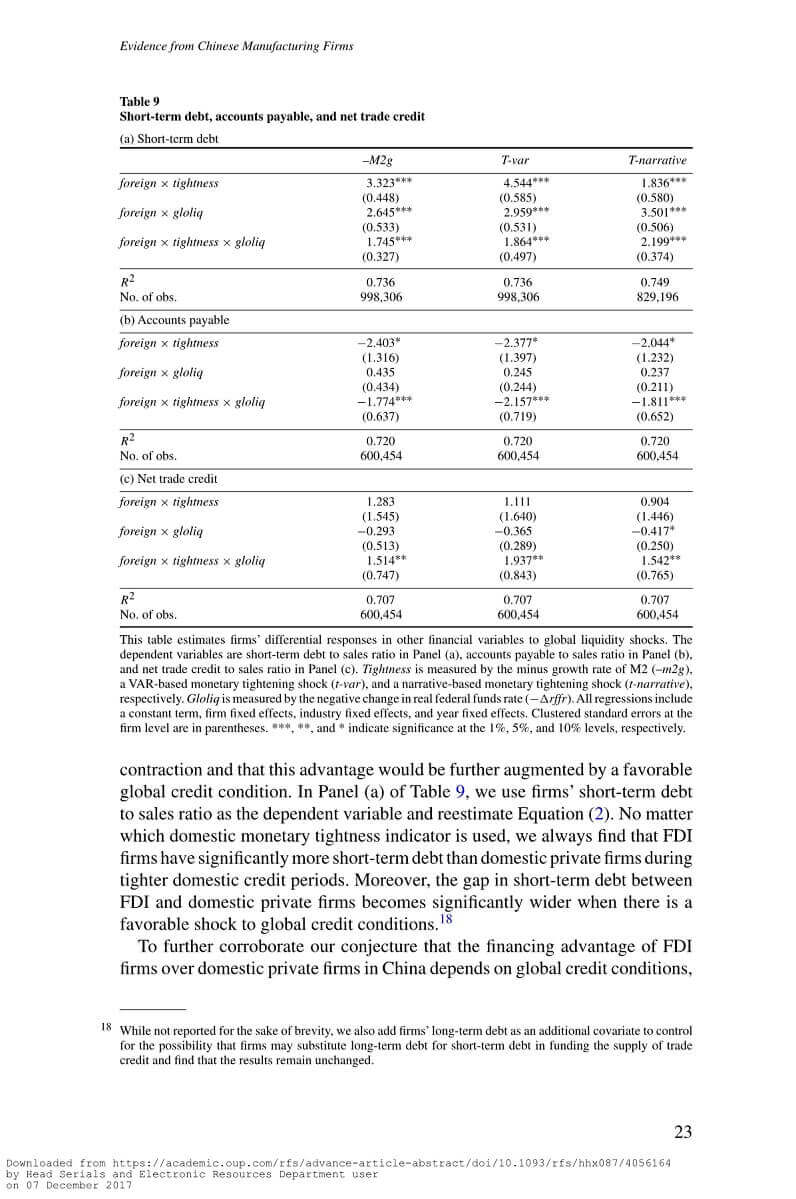### Understanding Credit Union Mortgage Loan Requirements: A Comprehensive Guide
Guide or Summary:What are Credit Unions?Understanding Credit Union Mortgage Loan RequirementsBenefits of Choosing a Credit Union for Your MortgagePreparing……
Guide or Summary:
- What are Credit Unions?
- Understanding Credit Union Mortgage Loan Requirements
- Benefits of Choosing a Credit Union for Your Mortgage
- Preparing for Your Mortgage Application
When it comes to obtaining a mortgage, many potential homeowners are exploring different financing options. One popular choice is credit unions, which often provide attractive rates and personalized service. However, before diving into the application process, it’s essential to understand the **credit union mortgage loan requirements**. In this article, we will delve into what these requirements typically entail and how you can prepare yourself to meet them.
What are Credit Unions?
Credit unions are member-owned financial institutions that provide a range of services, including savings accounts, checking accounts, and loans. Unlike traditional banks, credit unions operate on a not-for-profit basis, which often allows them to offer lower interest rates and fees. Membership is usually limited to individuals who share a common bond, such as working for the same employer or living in the same community.
Understanding Credit Union Mortgage Loan Requirements
When you apply for a mortgage through a credit union, there are specific requirements you need to meet. These can vary by institution, but generally include:
1. **Membership Eligibility**: To apply for a mortgage, you must first become a member of the credit union. This often involves opening a savings account and maintaining a minimum balance.
2. **Credit Score**: Most credit unions require a minimum credit score for mortgage approval. While this can vary, a score of 620 or higher is often necessary for conventional loans. Some credit unions may offer programs for those with lower scores, but this typically comes with higher interest rates.
3. **Debt-to-Income Ratio**: Credit unions will evaluate your debt-to-income (DTI) ratio, which compares your monthly debt payments to your gross monthly income. A DTI ratio of 43% or lower is generally considered acceptable, but some credit unions may allow for higher ratios depending on other factors.

4. **Employment and Income Verification**: You will need to provide proof of stable employment and income. This can include pay stubs, tax returns, and W-2 forms. Some credit unions may also require a certain length of employment in your current job.
5. **Down Payment**: The down payment requirement can vary significantly among credit unions. While some may require as little as 3% for conventional loans, others might expect a larger down payment, especially for certain types of loans like jumbo loans.
6. **Property Appraisal**: Before approving a mortgage, credit unions will typically require a property appraisal to determine its market value. This helps ensure that the loan amount does not exceed the property’s worth.
Benefits of Choosing a Credit Union for Your Mortgage
Opting for a credit union for your mortgage can offer several advantages:
- **Lower Interest Rates**: Credit unions often provide lower interest rates compared to traditional banks, which can lead to significant savings over the life of the loan.

- **Personalized Service**: As member-owned institutions, credit unions tend to offer more personalized service. You may find it easier to communicate with loan officers who understand your unique financial situation.
- **Flexible Terms**: Many credit unions are willing to work with members to find flexible loan terms that suit their needs, including options for first-time homebuyers.
Preparing for Your Mortgage Application
To increase your chances of approval, it’s essential to prepare in advance. Here are some steps you can take:
1. **Check Your Credit Report**: Obtain a copy of your credit report and check for errors. Address any discrepancies and work on improving your credit score if necessary.
2. **Gather Documentation**: Collect all necessary documentation, including proof of income, tax returns, and information about your debts.

3. **Determine Your Budget**: Before applying for a mortgage, establish a budget to understand how much you can afford for a down payment and monthly payments.
4. **Consult with a Loan Officer**: Reach out to a credit union loan officer to discuss your options and get pre-approved. This can give you a better idea of what you qualify for and streamline the application process.
In conclusion, understanding the **credit union mortgage loan requirements** is crucial for anyone considering this financing option. By meeting these requirements and preparing adequately, you can position yourself for a successful mortgage application and take a significant step towards homeownership.